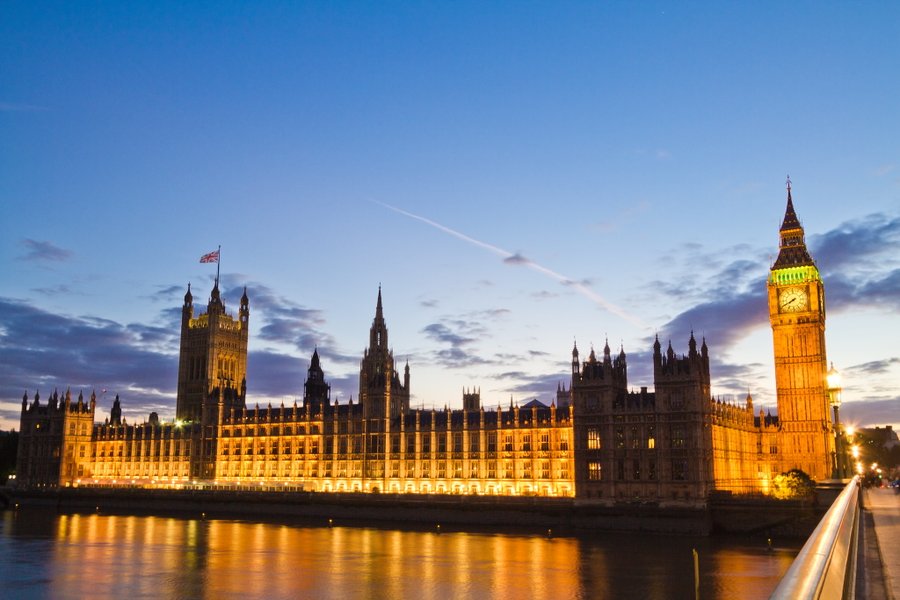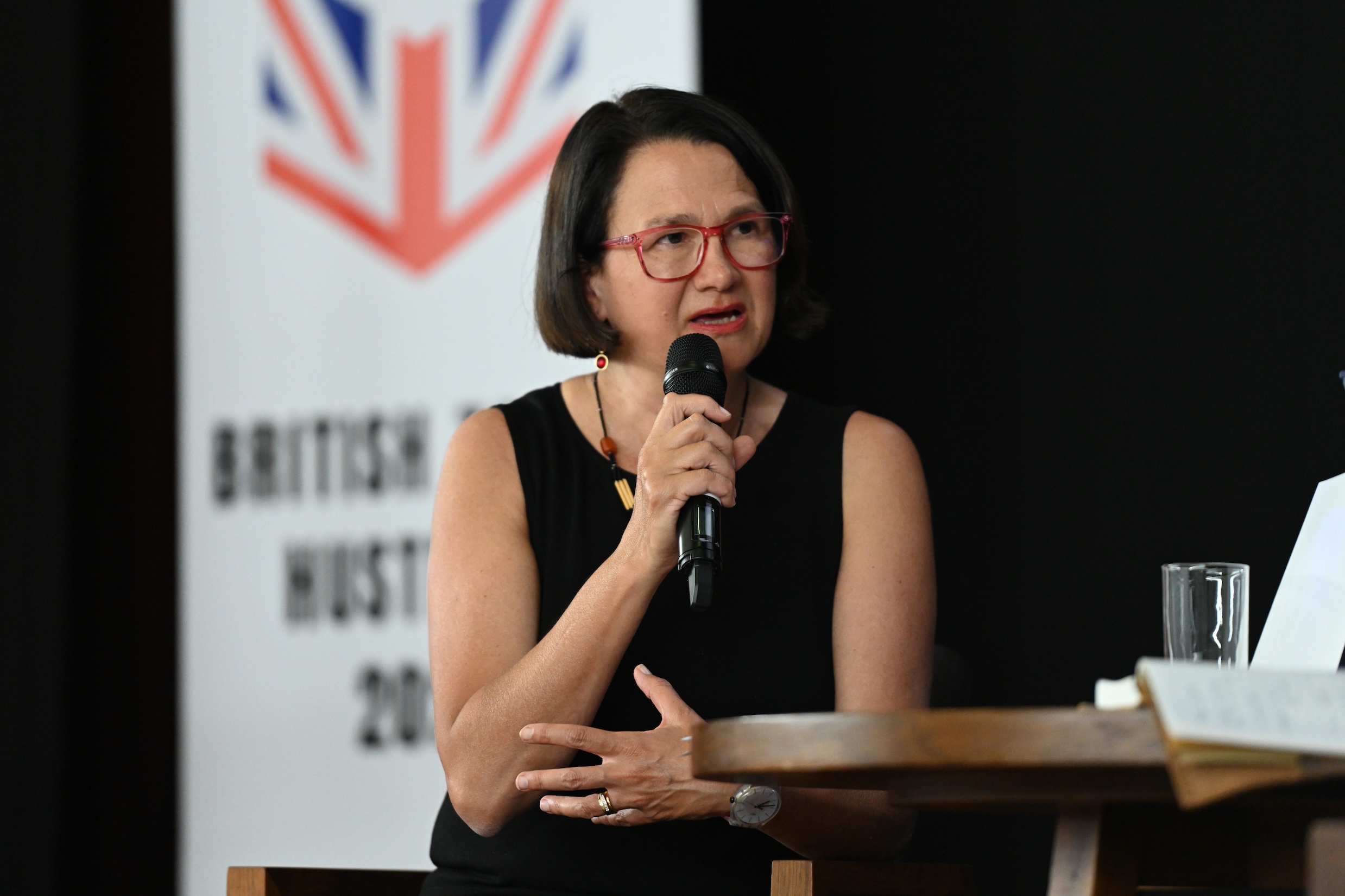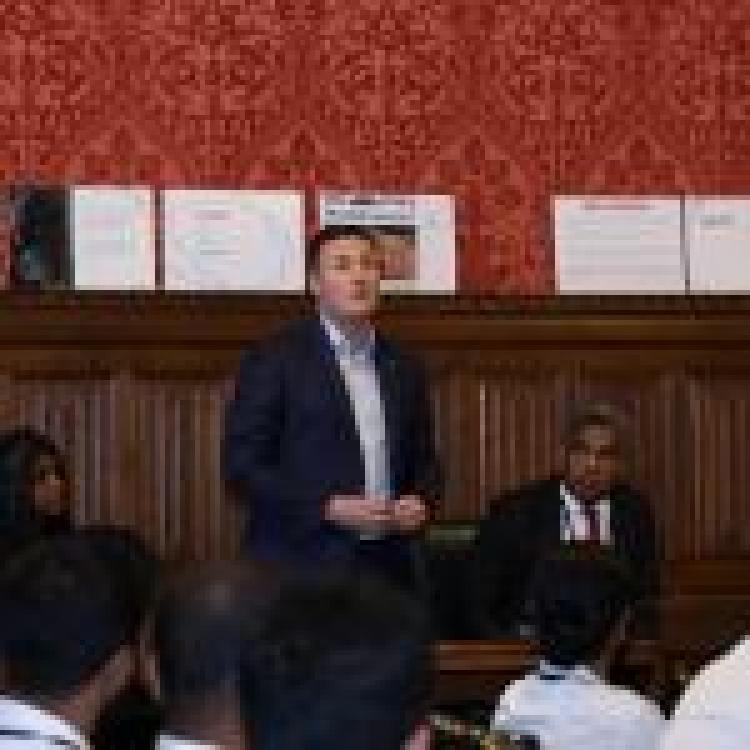
The British government continues to deem Sri Lanka a “human rights priority country” said Catherine West, the UK’s Parliamentary Under-Secretary of State for the Indo-Pacific, as she was questioned on the need to impose Magnitsky-style sanctions on Sri Lankan officials accused of war crimes.
Newly elected parliamentarian Uma Kumaran asked West about the assessment the foreign office has made on the “potential merits” of imposing sanctions on Sri Lankan individuals. To date, both the United States and Canada have imposed travel bans and individual sanctions on those accused of war crimes, including the execution of civilians and the genocide of Tamils. Britain has not.

The British government continues to deem Sri Lanka a “human rights priority country” said Catherine West, the UK’s Parliamentary Under-Secretary of State for the Indo-Pacific, as she was questioned on the need to impose Magnitsky-style sanctions on Sri Lankan officials accused of war crimes.
Newly elected parliamentarian Uma Kumaran asked West about the assessment the foreign office has made on the “potential merits” of imposing sanctions on Sri Lankan individuals. To date, both the United States and Canada have imposed travel bans and individual sanctions on those accused of war crimes, including the execution of civilians and the genocide of Tamils. Britain has not.
In response, West said that Sri Lanka “is a human rights priority country for the Foreign, Commonwealth and Development Office”.
“We regularly engage with the Government of Sri Lanka on the need for truth, justice, and accountability,” she continued. “The Global Human Rights sanctions regime is one tool in our foreign policy toolkit.”
However, she refrained from speculating about future sanctions, stating that it “could reduce their impact”.
Earlier this year, West took part in the first ever British Tamil hustings and pledged to work towards justice and accountability for mass atrocities in Sri Lanka.
Questioned on why Sri Lankan war criminals were yet to face sanctions from the British government, West admitted that “it is curious”.
“If I do become the minister in two weeks I would like to understand from officials within the foreign office what their assessment is of the Magnitsky style sanctions and whether they could be effective or not.”
“Unlike the current government, in the most ordered way we can, we will be putting the international law at the heart of our foreign policy,” added West in July. “Keir Starmer, as you are aware, has previously called on the British government to take a leading role in referring Sri Lanka to the International Criminal Court.”
West maintained that the “assessment and mechanism exists within Britain’s Foreign and Commonwealth Development Office, but we believe there has a lack of political will to put into motion that mechanism”.
“That is a clear line between ourselves and the current government. We support all measures to hold those responsible for human rights abuses to justice.”



